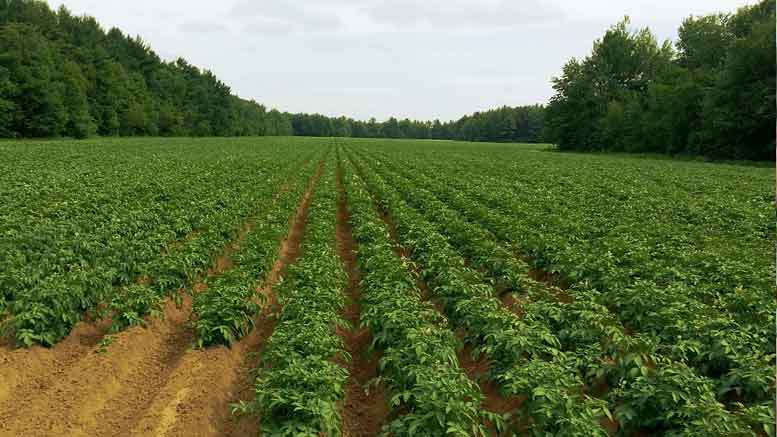|
Click to listen to this article
|
By Dale Lathim
Over the past couple of years, I have written multiple times about the hyperinflation that growers have been experiencing and the need for contracts to keep up with the rising costs. I also covered the increasing spread between the most efficient growers with more buying power and economies of scale and those who are less fortunate. But another widening gap is occurring between growers who own their own land and those who lease the land that they operate.
Now before anyone gets any ideas about where I am going with this, I fully agree that growers who made the business decision to buy land at any time should be rewarded for making that vitally important decision. I have never heard of a grower who regretted purchasing land, as they are no longer making farmland. However, many growers have grumbled about what could have been if they had purchased land when it became available. Sometimes making those decisions requires boldness and involves a lot of risk. But so far, land purchase decisions appear to be very wise choices.
When we all sat through Economics 101 in college, we learned about opportunity costs. Growers who own land should be rewarded for the opportunity cost of leasing that ground to someone else to farm. The owner would have no risk and, in today’s market, earn a very good return on the land investment. However, as this hyperinflation has taken place, it has driven more and more agricultural production to the most productive areas of the country including the Columbia Basin.
This added competition for land has pushed the price of both leasing and purchasing land to unprecedented levels. This has resulted in growers who own and operate their own land earning the kind of profits they should have always been receiving. But what about the growers who lease all of the land they operate?
Those growers are still getting a reasonable return above the cost to grow as long as their crop is at least average in yield and quality. That is good and sustainable, but those growers must now compete for any expansions or new opportunities with growers who own their own land. In the past seven years, processors in the Columbia Basin have expanded their operations by more than 1.5 billion pounds of finished product, or more than 40 percent. It is my estimation that they are not through with their expansion plans for the area and more new processing lines will be coming our way over the next few years.
So where did those acres come from to meet the needs of the expansions already in place, and where will the acres come from for the future expansions? Well, the majority of the new acres are land leased or recently purchased by those growers who already own a significant number of acres. Having a land base in place has allowed growers to have significant equity to parlay into additional financing and to spread the lease cost over many more acres than just those being leased in the current year.
The question to me is how far do these growers want to expand, and how consolidated does the processing industry want the grower base becoming? If both sides are fine with the direction this is going, that is great. But if they want to keep most of the growers who lack a land base growing potatoes, we are going to have to address some sort of financial incentive in the potato contracts for leasing more land. What form that incentive takes is still not clear as there is no obvious manner to do this equitably. But without it, I cannot see many of our growers who lease their land being able to compete long term with those who own the majority of their land.
We have some time to work on this issue as it is not a burning one that must be fixed now. But if we do not start discussing and vetting out ideas soon, we will not be prepared for when it does become a hot topic that must be addressed immediately.


